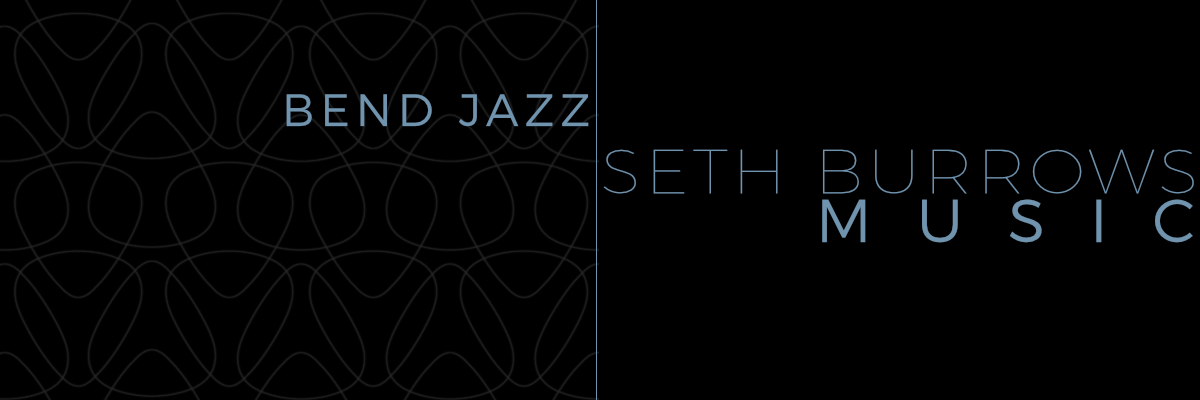Every now and then, I run across a book or artist by accident that totally changes things for me. This week, while perusing the songwriting section of my local library, I got an idea to look more generally at the writing section and the poetry section. One title, in particular caught my eye: The Poetry Home Repair Manual, by Ted Kooser, who was the Poet Laureate of the United States from 2004-2006. Intrigued, I checked it out and started reading as soon as I got home.
From the beginning, Mr. Kooser says things that are directly applicable to songwriting that are things that I haven’t considered before. For example, Mr. Kooser tells us in “About This Book” to write with the audience in mind from the moment you start your poem. I rarely do this. If I consider the audience at all, it is well after the song is written. Also, a lot of writers end up writing for the community of writers rather than for LISTENERS. In other words, they write solely to show off the technical aspects of their writing chops, instead of considering that the EMOTIONAL THEME is ultimately where the weight of the song is.
In the first chapter of the book, Mr. Kooser immediately obliterates our ideas of becoming an amazingly rich and famous poet a la T.S. Eliot. Basically, he tells us that we will never be able to support ourselves by devoting ourselves to poetry full-time. In his opinion, poetry is a private discipline that one engages in while still making a living with a day job so the rent will be paid.
I can see an analog in the current state of the music industry today. In the current era, this leading edge of the decentralized music industry, there is a huge amount of music being produced, but a comparatively small amount actually being listened to. Thus, the majority of music being produced and recorded HAS NO VALUE. Sure, there are people making millions of dollars in the music industry, but when compared to the total amount of music produced, it is a remarkably small percentage. So, basically, do it because you love it, and because you love songs and love learning about yourself by holding your songs up to your internal standards. It reminds me of an interview I saw somewhere with James McMurtry (see last week’s post for an introduction). The interviewer asks James what his advice for young songwriter’s would be. James’s answer? “Quit if you can.” I love that answer. Only write if it’s something you NEED to do.
In addition to the way The Poetry Home Repair Manual spurred me to examine the state of the music industry, it also provoked me to use some poetry ideas to enhance my songwriting. Here’s something I did this week: since I’ve been slack on my object writing regimen for two weeks, I started to think about poems that I enjoy writing and those kinds of poems that I write that I feel yield the best results. When I examined that, I remembered having good luck writing haiku and tanka. And as I thought about that, I realized that the reason I had success with these forms is that they have a syllable constraint. The syllable constraint forces you to use words in ways that you wouldn’t ordinarily. So I decided to write a syllabic poem using a constraint of 7 syllables per line, with no line limit . My purpose for these poems is to use them for raw materials, in much the same way as I would use Object Writings.
Here’s one from last week:
that’s why i do this
last night’s raindrops still sparkling
from the corner of the eave
safely inside, cup steaming
no wind in here, but the trees
whispering, leaves shaking with
the feather touch of the breeze.
much like you: still sleeping now,
comforter stacked around you
keeping out the willful world.
it’s still early yet, and you’ve
already missed the best part.
Not great, but there you go. It’s about flexing different muscles. Getting used to playing with language in different ways.
Try it. You might like it. Surprise yourself.
This week:
I looked for a job. Getting frustrated into looking at things I don’t think I would do for long, just so my income is at least present.
I played Jodi’s songwriter night again. Forgot some words, forgot some chords. Played some guitar for somebody doing covers. Average.
Wrote some poems. Thought about what makes good poetry, and how that applies to songwriting.
Danny Malone.
